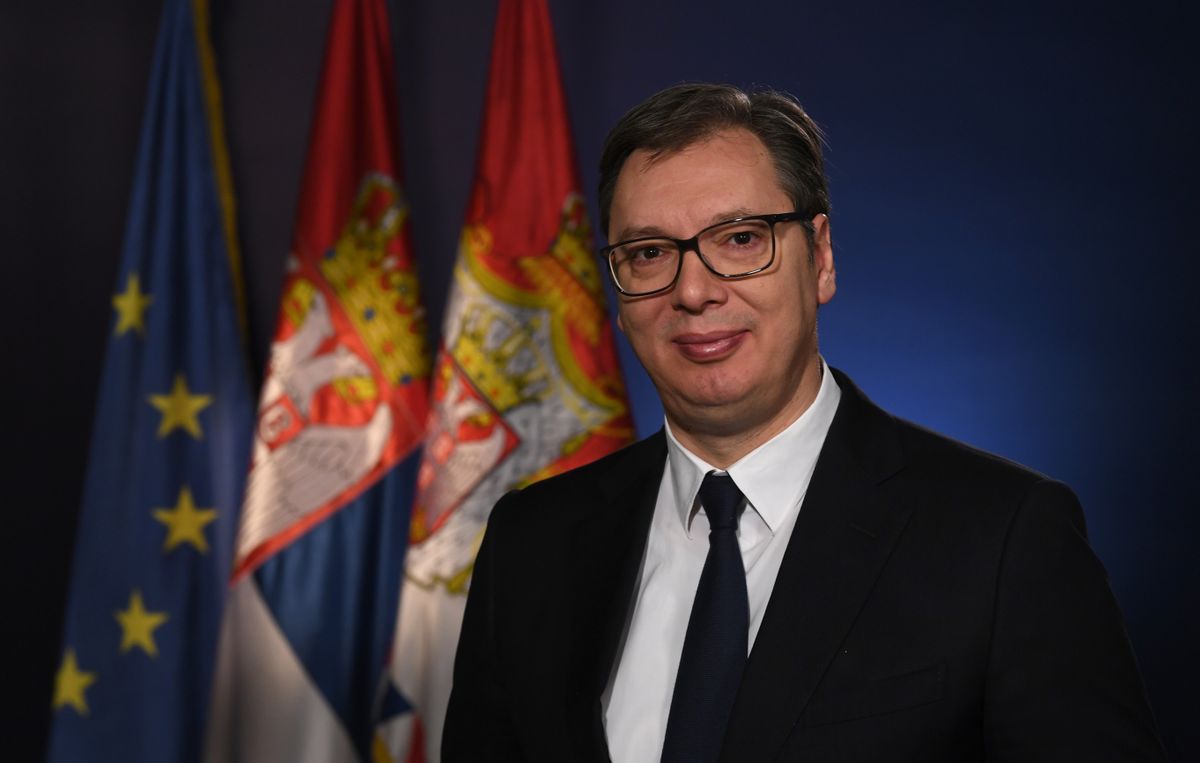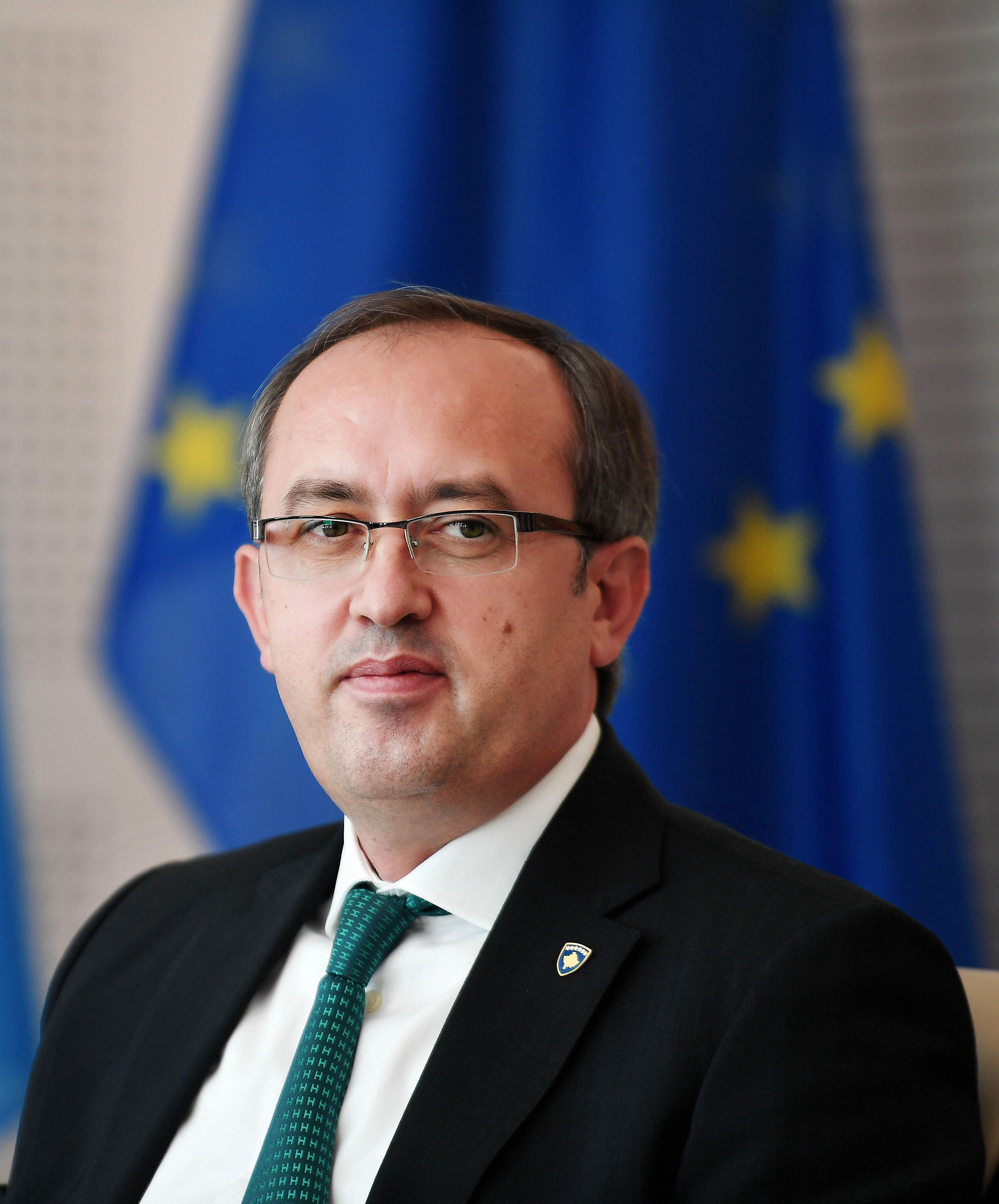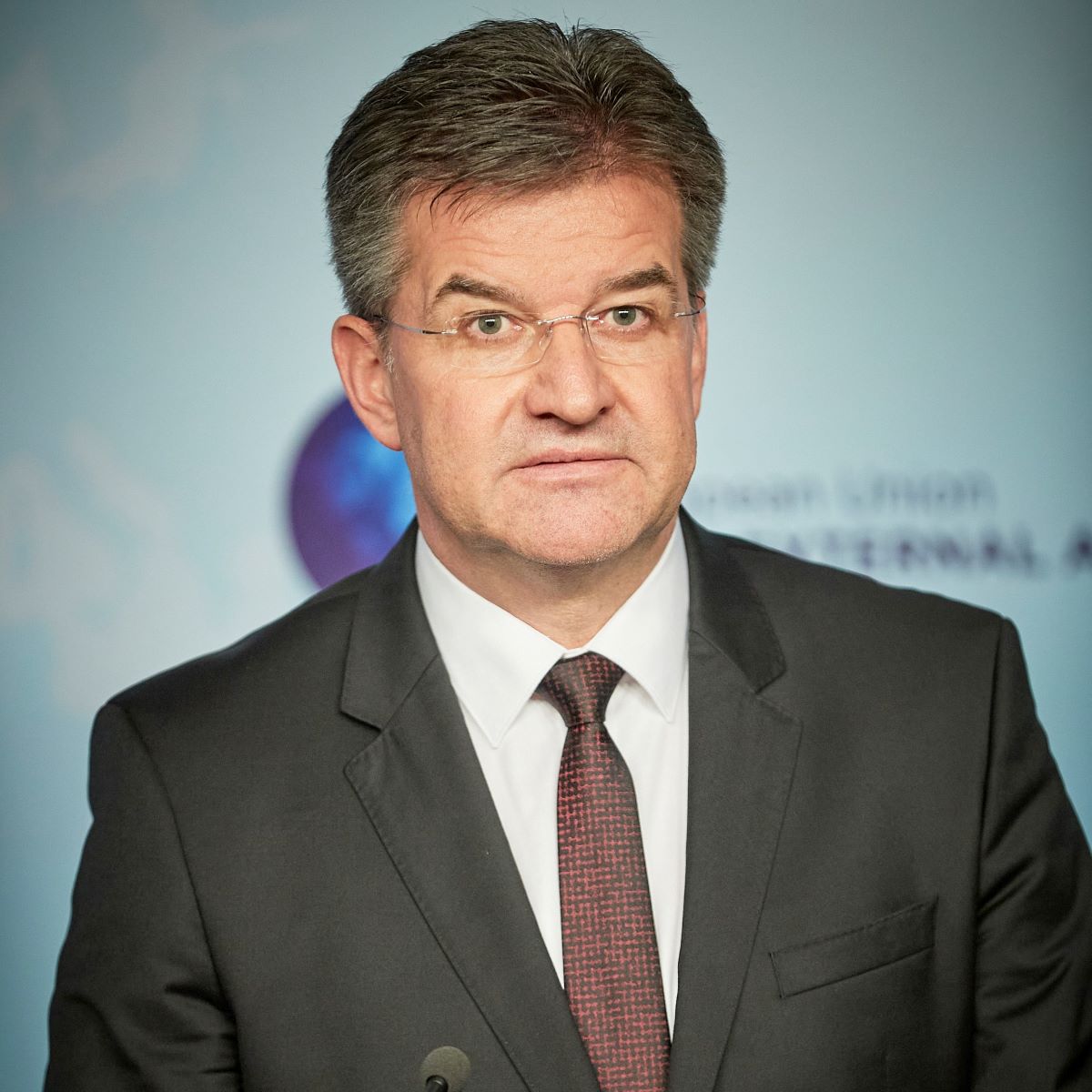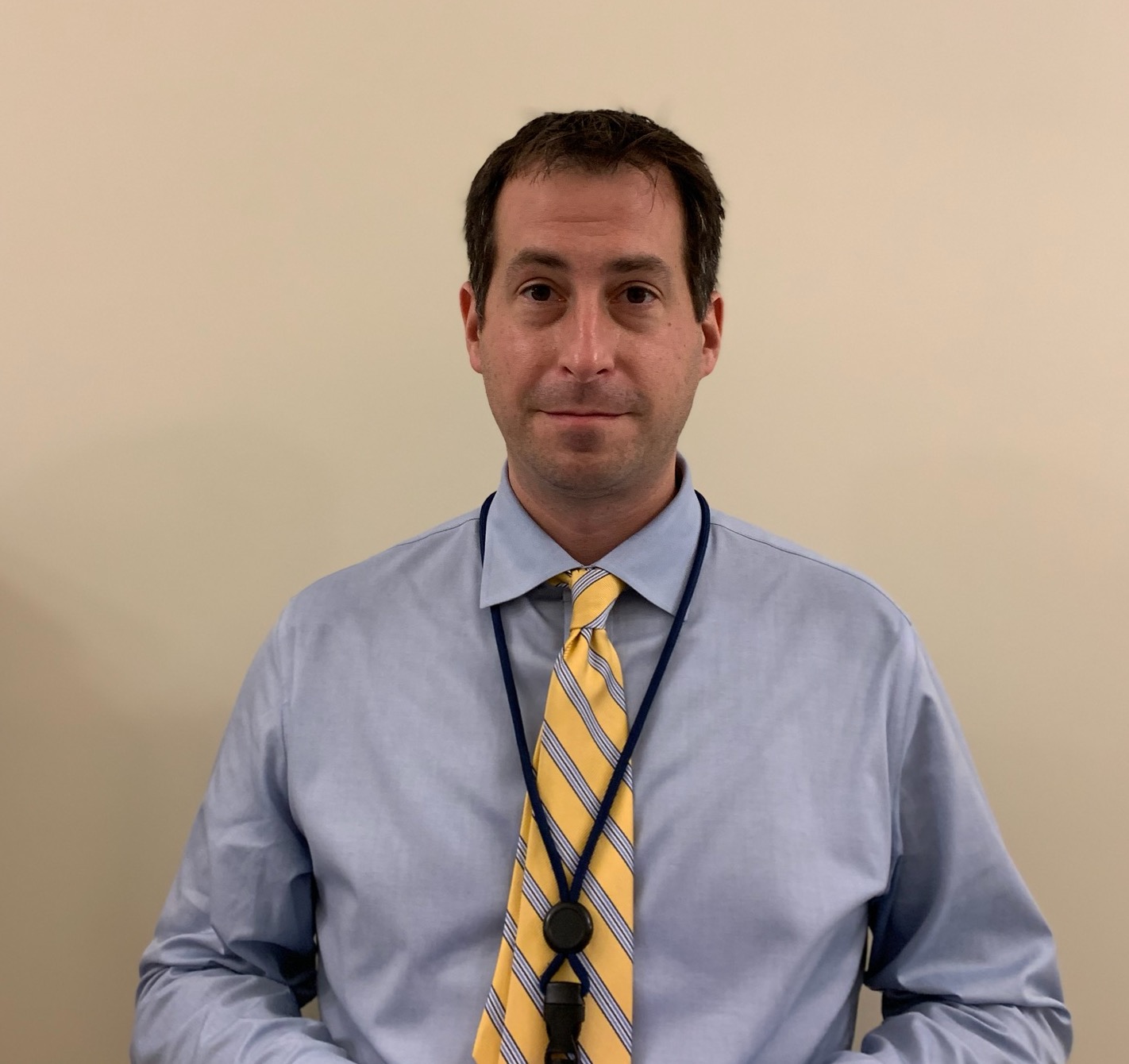Special Event of The Balkan Dialogues Initiative: Belgrade-Pristina: No Trust, No Solution (In partnership with Balkan Trust for Democracy, a project of the German Marshall Fund of the United States and the Royal Norwegian Embassy)
Discussion Points:
- What is, in your view, the very meaning of normalization of relations?
- Is there a scenario in which two sides recognize each other and establish diplomatic relations?
- What do you expect from the Agreement on economic normalization signed in Washington?
- Which topics will be on the table next in Brussels?
- Can we expect more of the (technical) agreements to be implemented in the following months?
- If there is going to be an “end game”, with its logical conclusion in the UN, who will address non-recognizers’ concerns?
- Aren’t you concerned with the ruling narratives in your respective societies? Doesn’t this “zero sum game” approach stand in the way of an agreement/compromise?
- How will you bring the public on board?
Despite big words and gestures that speak in favor of economic normalization, it seems that Belgrade and Pristina are still far from the desired political normalization. The two processes that have taken place in recent months, with controversial interruptions, have also taken shape. The Brussels dialogue continued, with the participation of political leaders; and in Washington, the agreement was signed in the presence of the American president himself. However, the problems that were current a year ago are still there today. The goals of the two sides are presented to the public as diametrically opposed; the (lack of) transparency and even legitimacy is criticized. Societies – as public opinion polls show – apart from the principled belief in the necessity of dialogue, are not “mature” or “prepared” for a “painful compromise”. “Frozen conflict”, as illogical as it is due to the strong ties and needs of the two neighboring communities, is increasingly being mentioned as an option. At the same time, it seems that no one is ready to offer something new, at a time when various options and scenarios have already been rejected. That is why we ask our distinguished guests:





